WATCHET was this week remembering one of the town’s most celebrated residents, Professor Dr Eric Robinson, an internationally-recognised geologist and academic, who has died at the age of 95 after an illustrious career spanning more than 70 years.
A senior lecturer at University College London for nearly 50 years and a revered figure in British geology, Dr Robinson pioneered revolutionary ‘urban geology’ involving the study of stones in buildings and streets and even graveyards.
Only weeks before his death he was still at work in the office he had set up in Dunster Lodge retirement home, to which he moved from Watchet in February last year, corresponding with former colleagues and planning future projects.
His daughter Helen Chave, who acted as his secretary until shortly before his death, said: “He always did everything his own way.
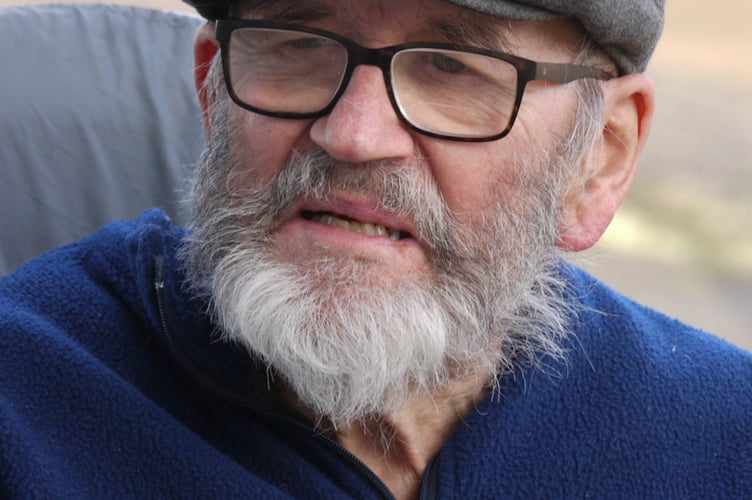
“Visitors to Watchet would have no idea the elderly man on the mobility scooter giving out free dog biscuits to people’s pets was a famous geologist.
“My father went out of his way to be anything but your orthodox academic in his passion to make geology useful, relevant, and accessible.”
A marathon runner until well into his 70s, he recommended running to his students, saying: “You can often tell what’s geologically underneath by the reaction of the ground you are running over.”
Born in Newcastle, Dr Robinson won a scholarship to the local grammar school and at 16, though offered places at both Oxford and Cambridge, preferred Newcastle University, where he met his future wife, Isabel.
During a lifetime’s dedication to geology he wrote seminal books on the subject, advised on numerous television programmes, pioneered geological walks as a new way of bringing stones to life, and headed the Geologists’ Association and the Royal Architectural Society.
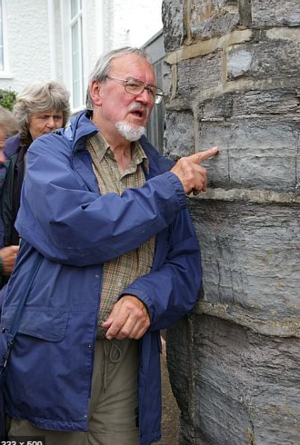
When made a consultant at Westminster Abbey to uncover and preserve a 13th century mosaic pavement, he stipulated that clergy should wear felt slippers when near the pavement and military personnel were forbidden to stamp their feet.
The Robinsons moved to Riverside Farm, Watchet, in 2001 and in what was supposed to be semi-retirement, Dr Robinson immediately organised geological walks and lectures, and produced guides and literature.
He also designed and helped build a geological wall on Watchet Railway Station and led beach walks and field trips.
In March last year, Dr Robinson’s achievements and eventful life were celebrated at a surprise tribute at Watchet’s East Quay arts centre attended by friends, local dignitaries, and former colleagues.
Helen said: “We just told him we were going for a coffee but only at the last minute could we be sure he would get in the car.
“Once he got over his surprise, he was thrilled by how much people appreciated his work and that he was not forgotten.
“I can’t imagine there’s any chance of that.”
Dr Robinson’s funeral is at 11 am in Watchet Methodist Church on Thursday, May 29.
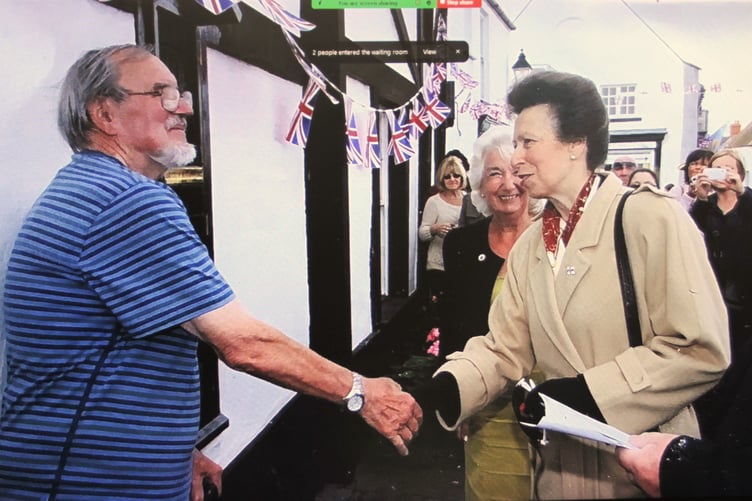
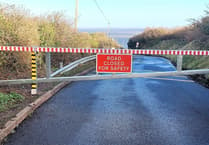
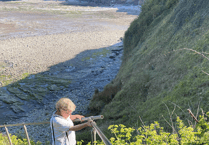
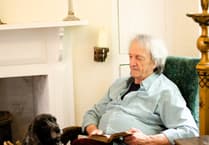
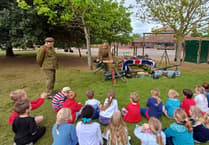
Comments
This article has no comments yet. Be the first to leave a comment.